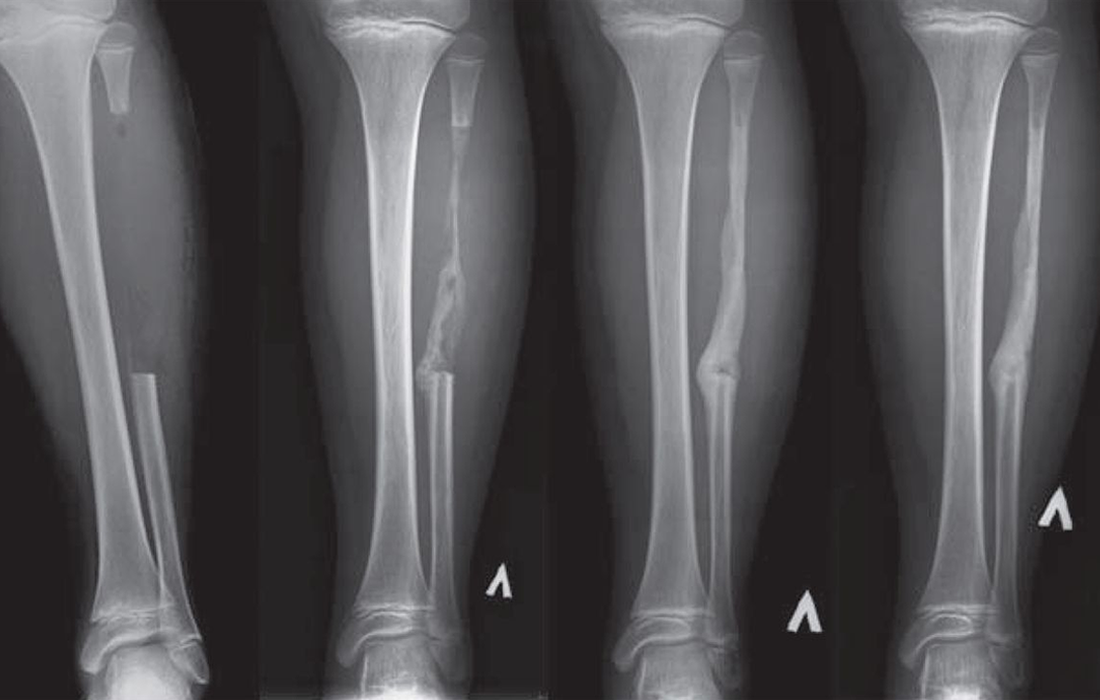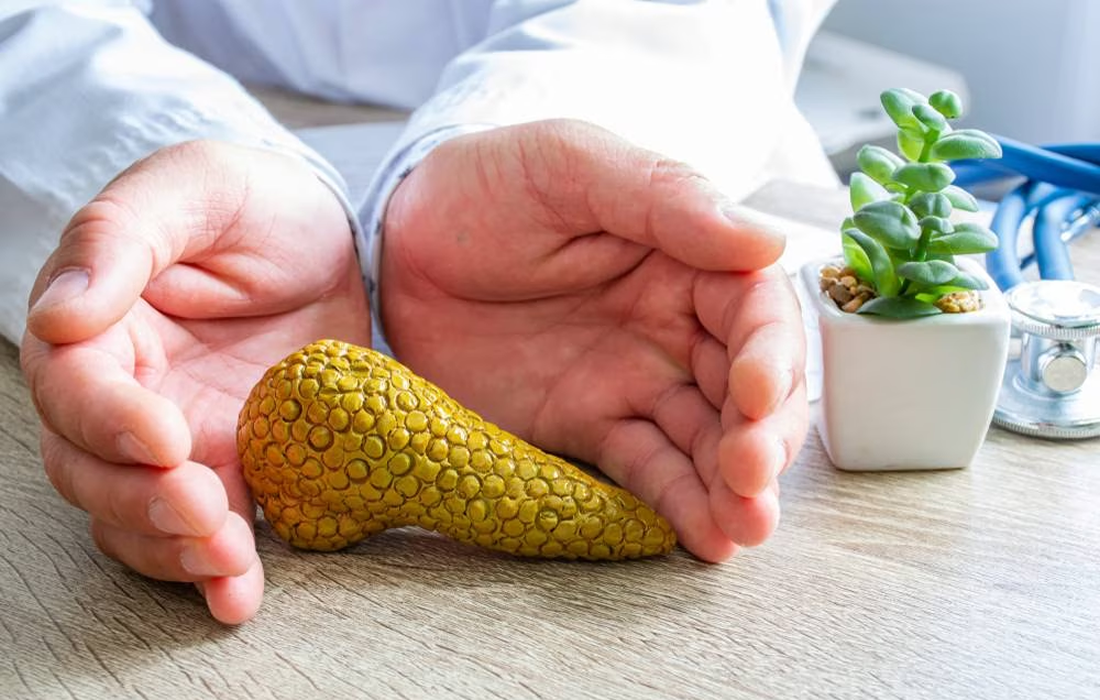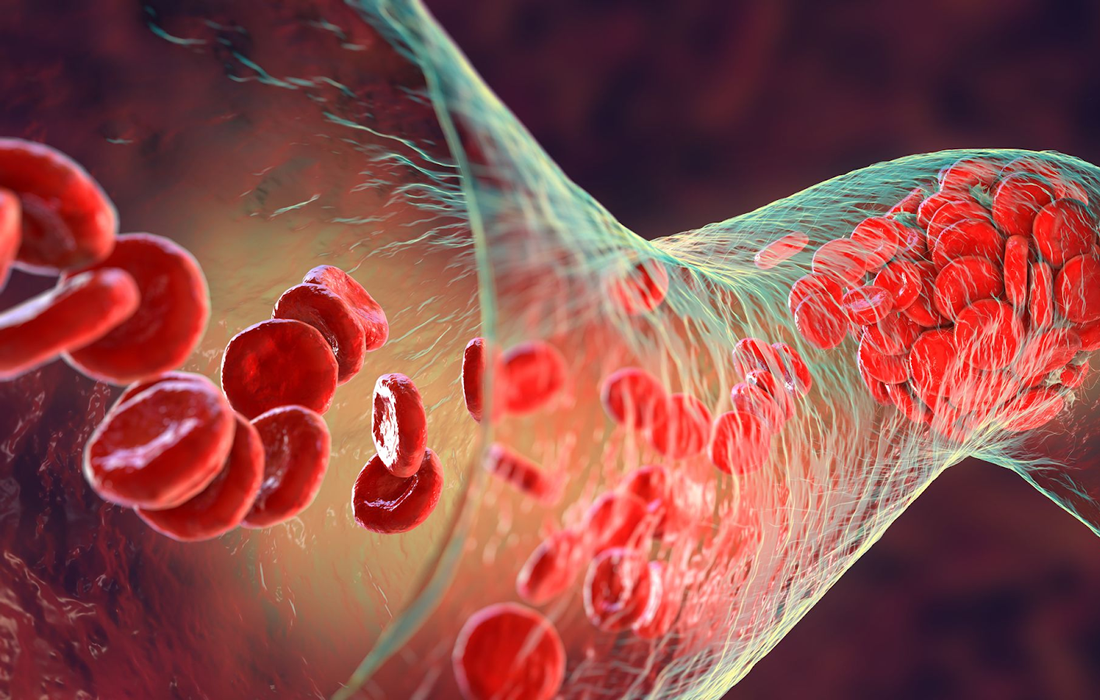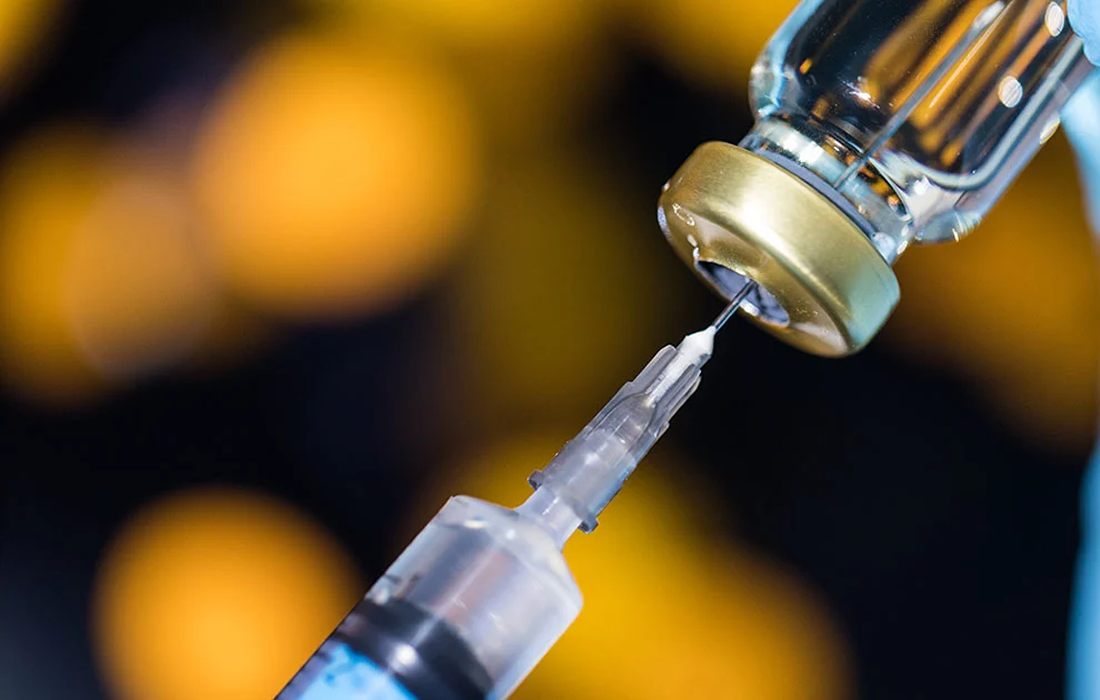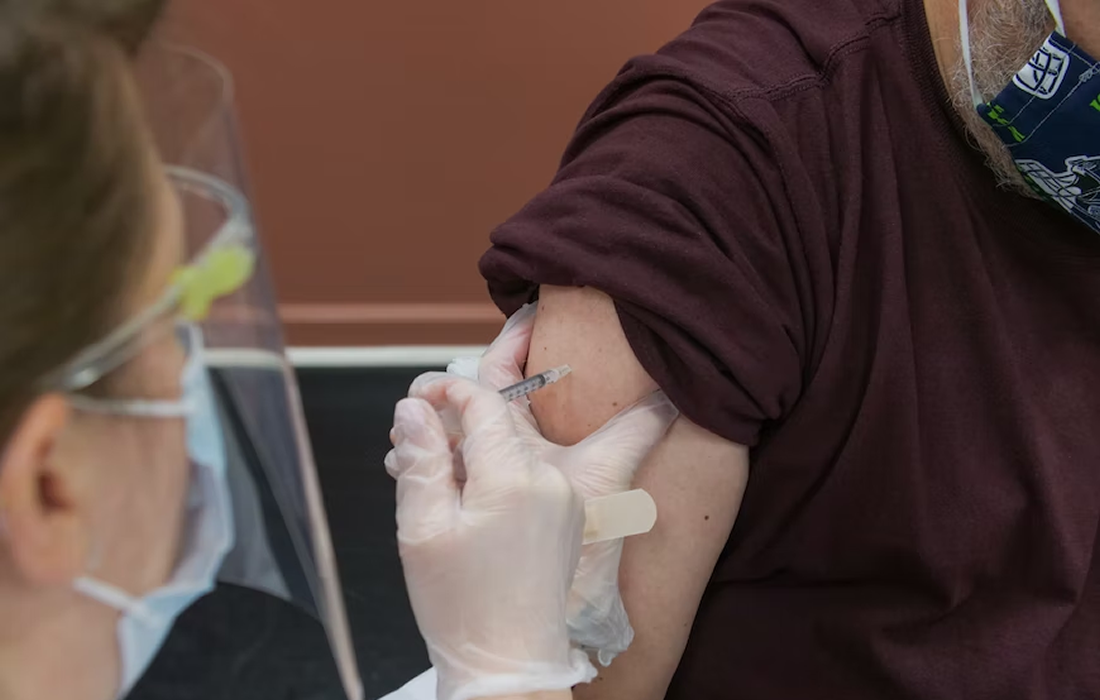Over the past few decades, the development of smart multifunctional biomaterials with the ability to control the behavior of stem cells on demand has become a powerful strategy in regenerative medicine and cell therapies. For instance, such stem cell-based therapies bear new chances to regenerate critical size bone defects from severe fractures or bone tissue […]
Category Archives: Regenerative Medicine News and General Information
The human skin is a complex organ to bioengineer and repair because of its diverse cellular makeup, unique anatomy, and body site–specific cellular and mechanical properties. Recreating this complexity in vitro using human cells has notable implications on personalized skin replacement therapy and human-relevant skin disease modeling and drug screening. The human skin is a […]
Type 1 diabetes is caused by an autoimmune reaction that destroys the cells in the pancreas that make insulin. It can also cause kidney failure. Daily insulin injections are the most conventional treatment but attaining tight control of glucose levels remains challenging and cumbersome for patients. Clinical pancreatic islet transplantation (CIT) holds promise to transform […]
Young blood has a rejuvenating effect when infused into older bodies, according to recent research: Aging hearts beat stronger, muscles become stronger, and thinking becomes sharper. All blood cells in the body are created by a small number of stem cells that reside in bone marrow. Over time, these hematopoietic stem cells start to change: […]
Lupus, including SLE, occurs when the immune system attacks a person’s own healthy tissues, causing pain, inflammation and tissue damage. Lupus most commonly affects skin, joints, brain, lungs, kidneys and blood vessels. About 1.5 million Americans and 5 million people worldwide have a form of lupus, according to the Lupus Foundation of America. Treatments for […]
Scientists have been making waves in recent years by developing ways to grow a variety of useful items in laboratories, from meat and diamonds to retinas and other organoids. At the RIKEN Center for Biosystems Dynamics Research in Japan, a team led by Takashi Tsuji has been working on ways to regenerate lost hair from […]
Insomnia is defined as repeated difficulty with sleep initiation, maintenance, consolidation, or quality that occurs despite adequate time and opportunity for sleep and that results in some form of daytime impairment. Specific criteria vary, but common ones include taking longer than 30 minutes to fall asleep, staying asleep for less than 6 hours, waking more […]
Science has long known that recovery from experimental heart attacks is improved by injection of a mixture of heart muscle cells, endothelial cells and smooth muscle cells, yet results have been limited by poor engraftment and retention, and researchers worry about potential tumorigenesis and heart arrhythmia. Now research in pigs shows that using the exosomes […]
A new vaccine from the University of Georgia could be the first clinically approved immunization to protect against invasive fungal infections, a growing concern as antifungal drug resistance increases. Fungal infections cause more than 1.5 million deaths worldwide each year and cost billions. They also double hospitalization costs, double the length of hospital stays and […]
An international study led by McMaster University researchers and published in The Lancet Global Health has found that influenza vaccines greatly reduce both pneumonia and cardiovascular complications in people with heart failure. Mark Loeb is a McMaster professor of pathology and molecular medicine and a Hamilton infectious disease physician and microbiologist, and his team found […]

